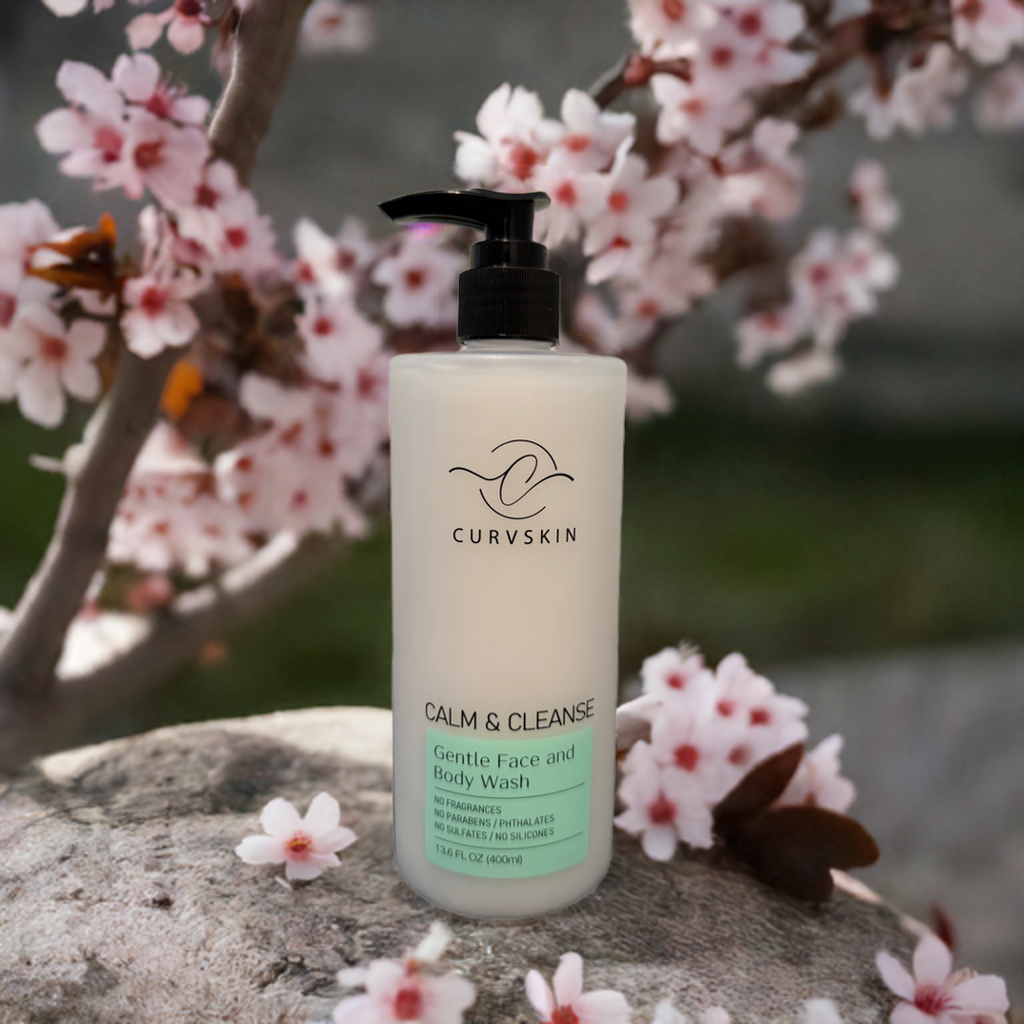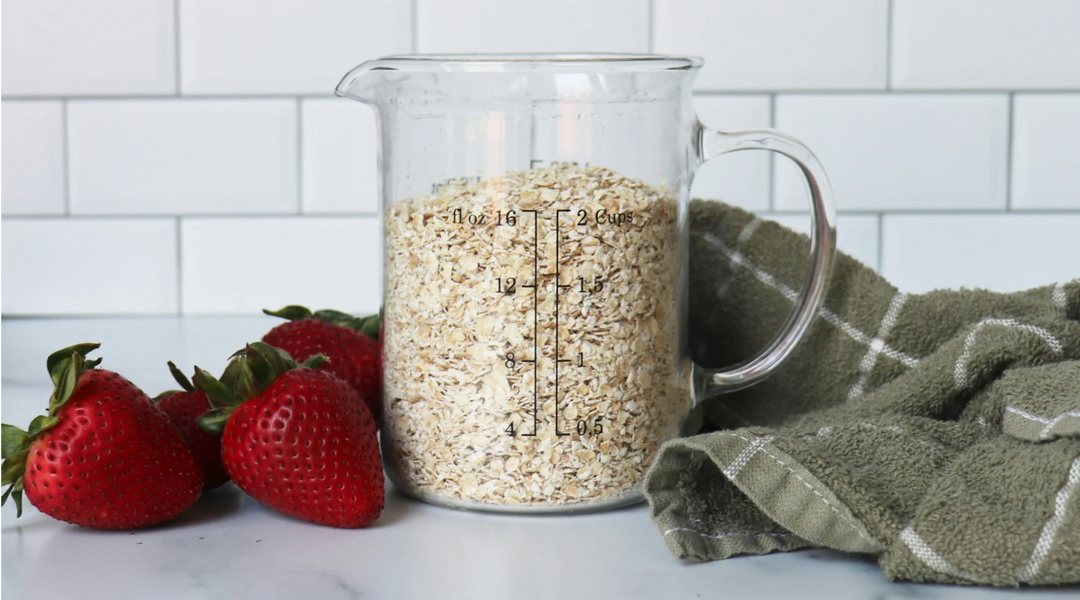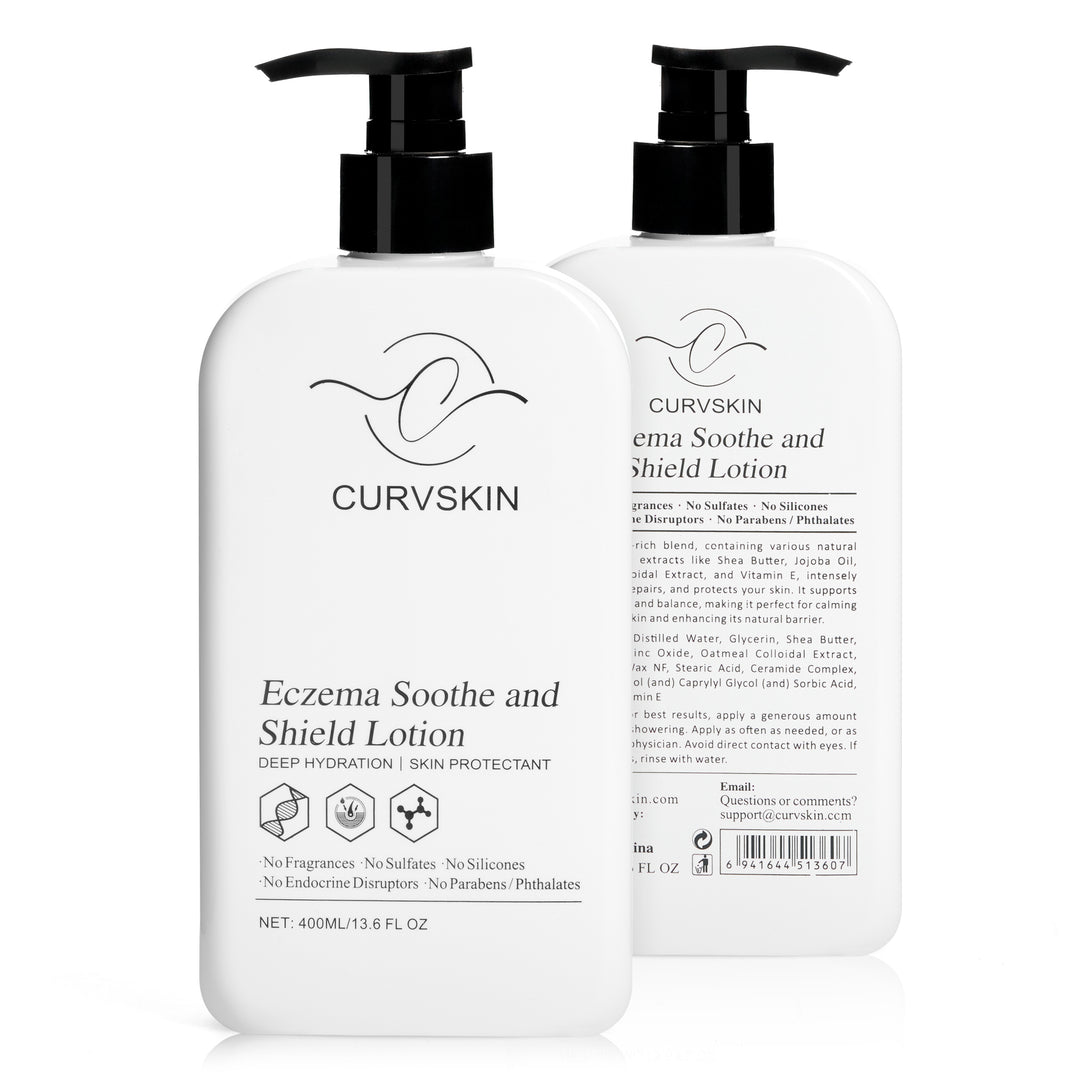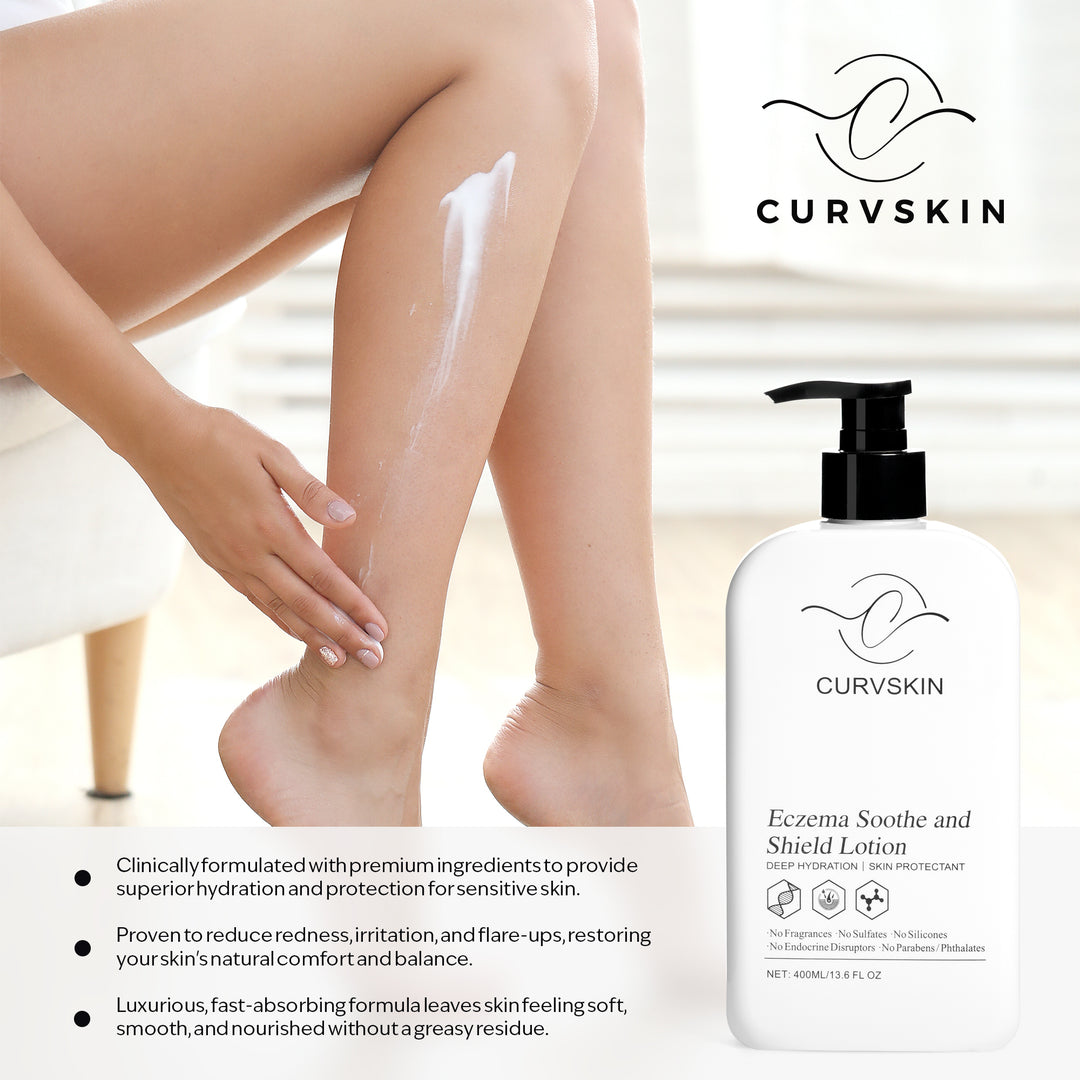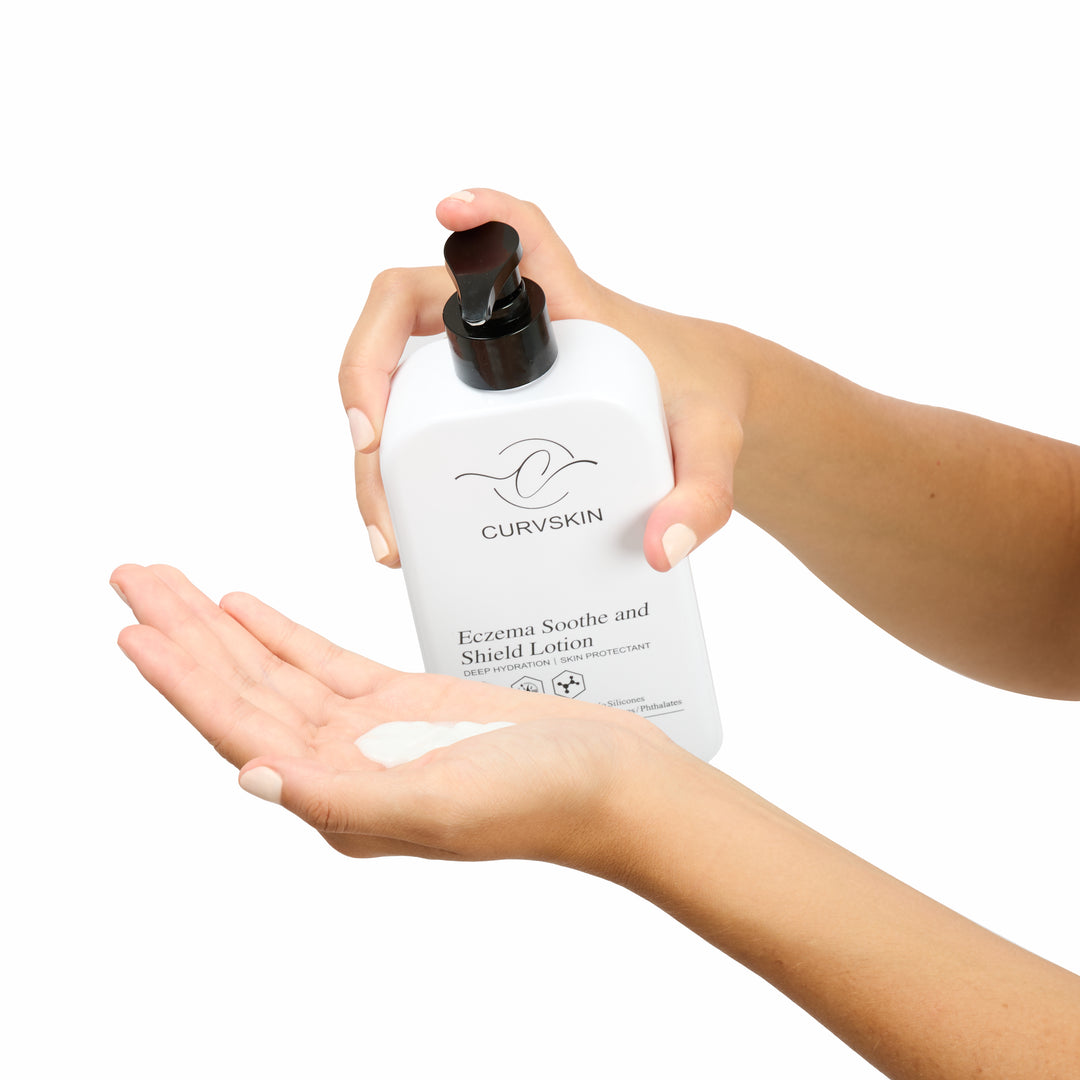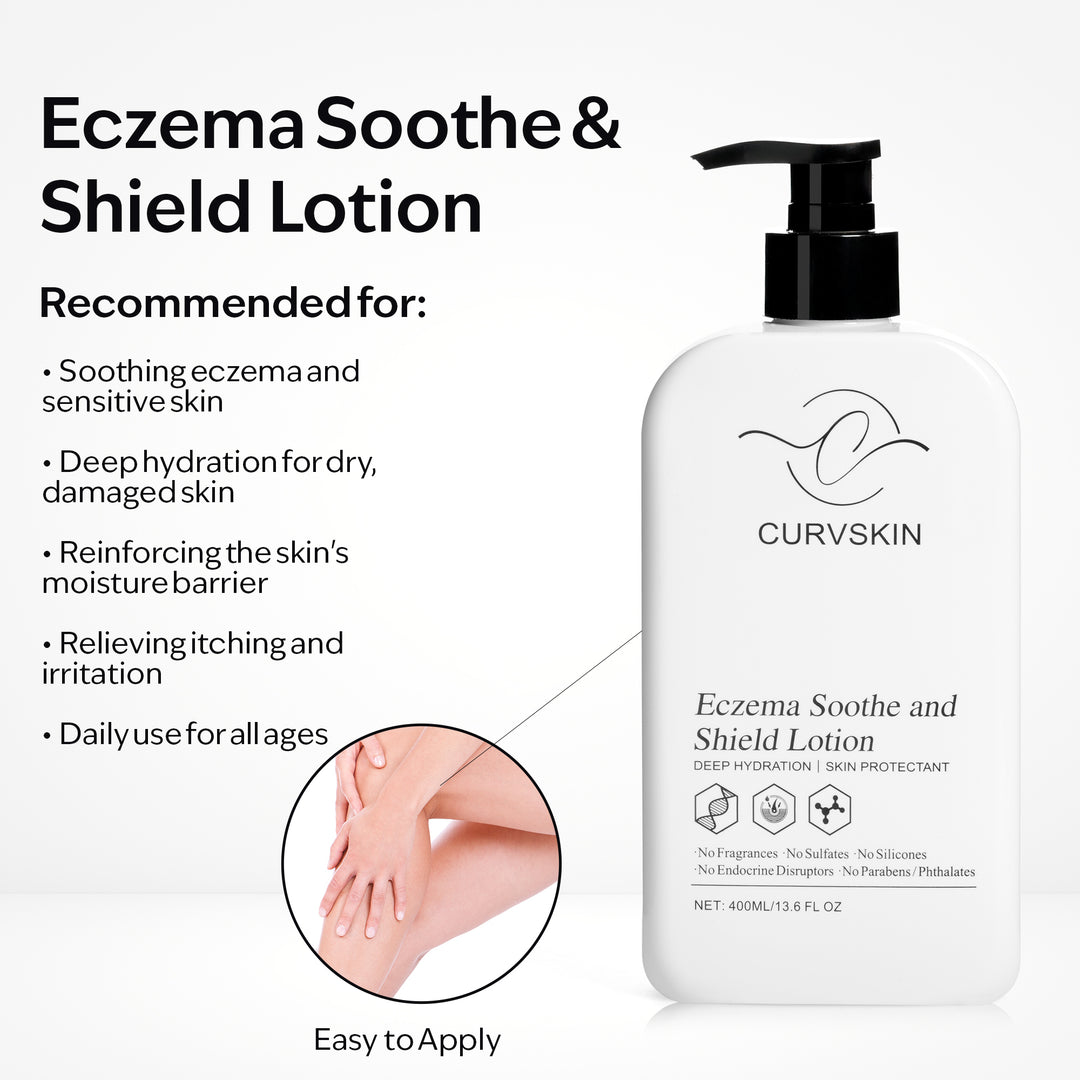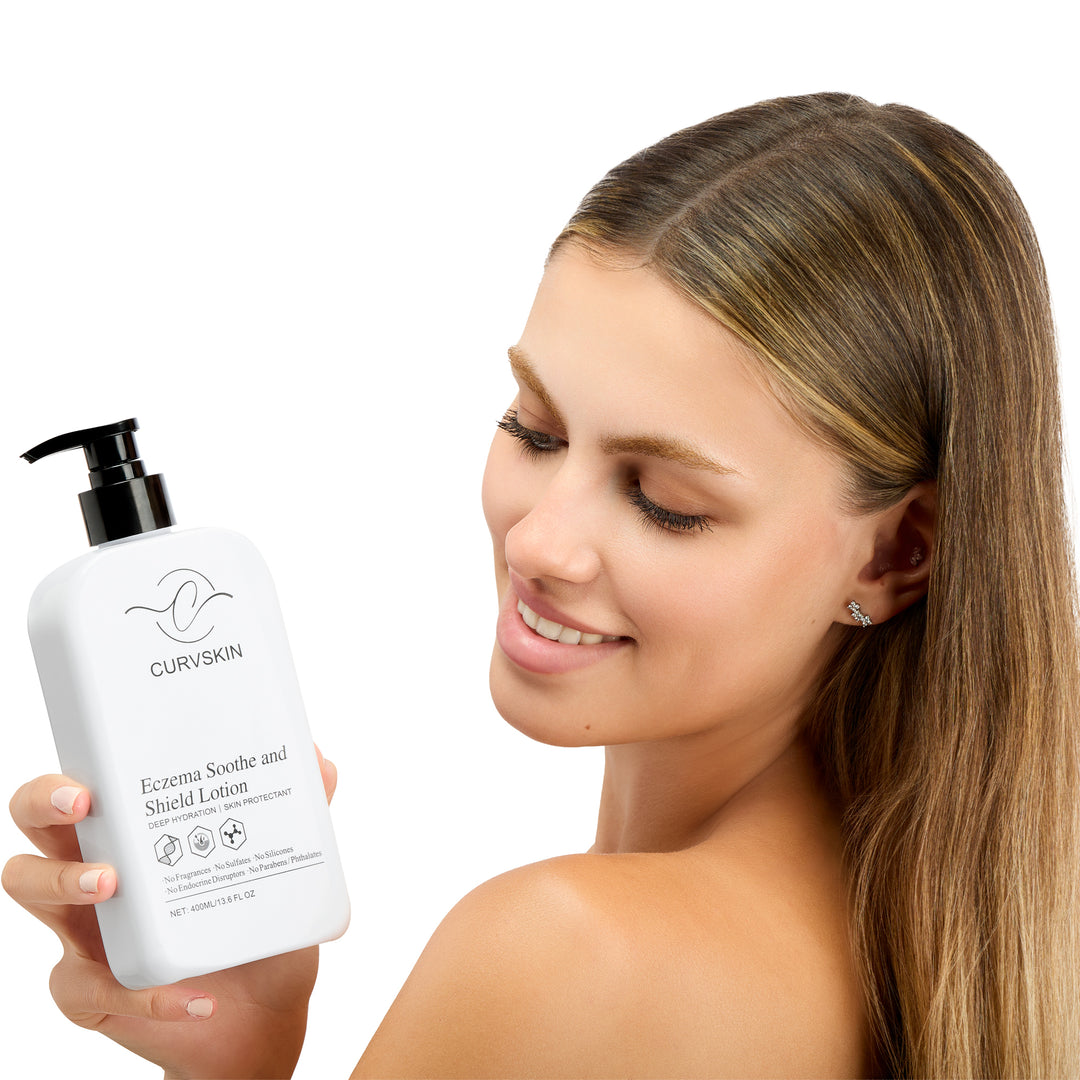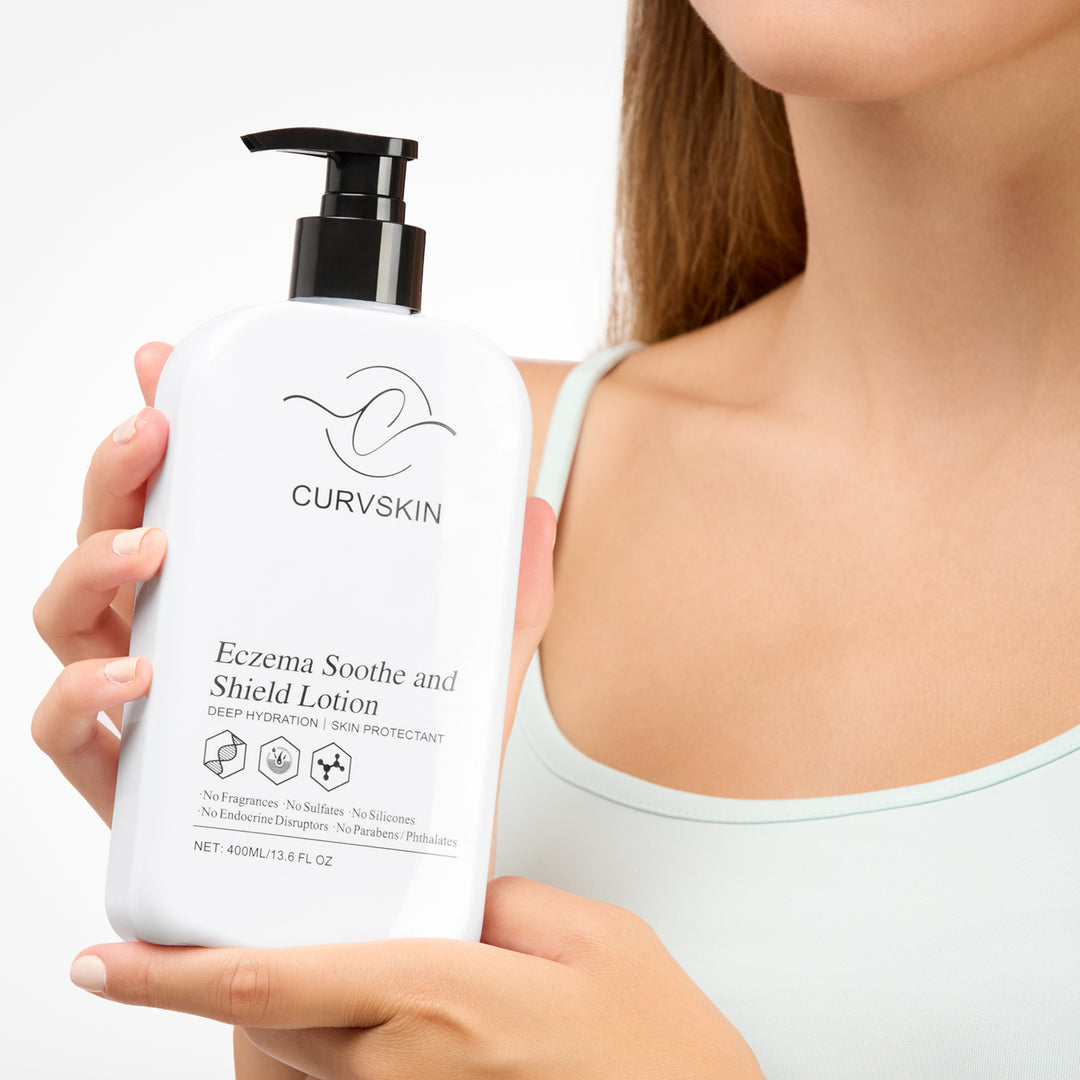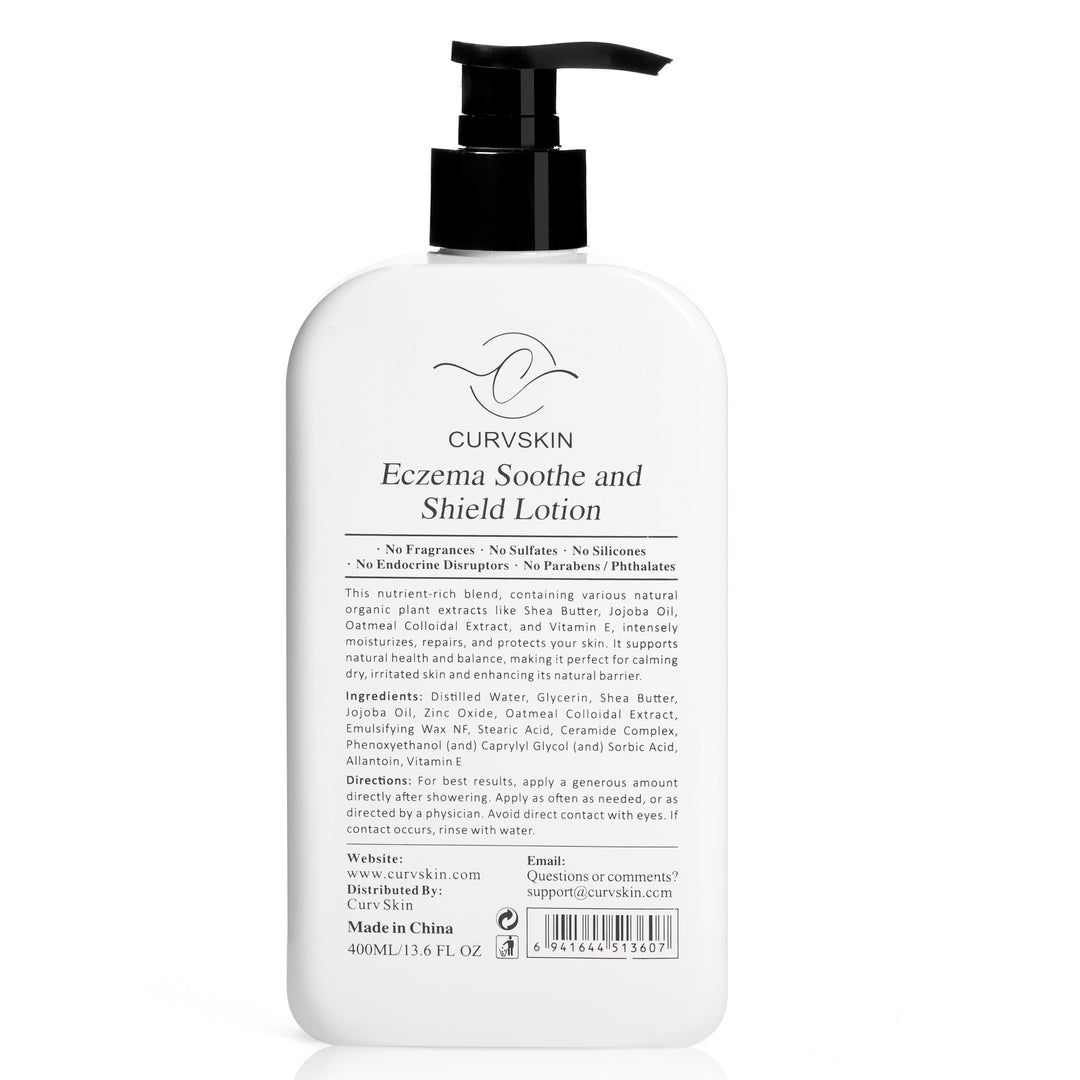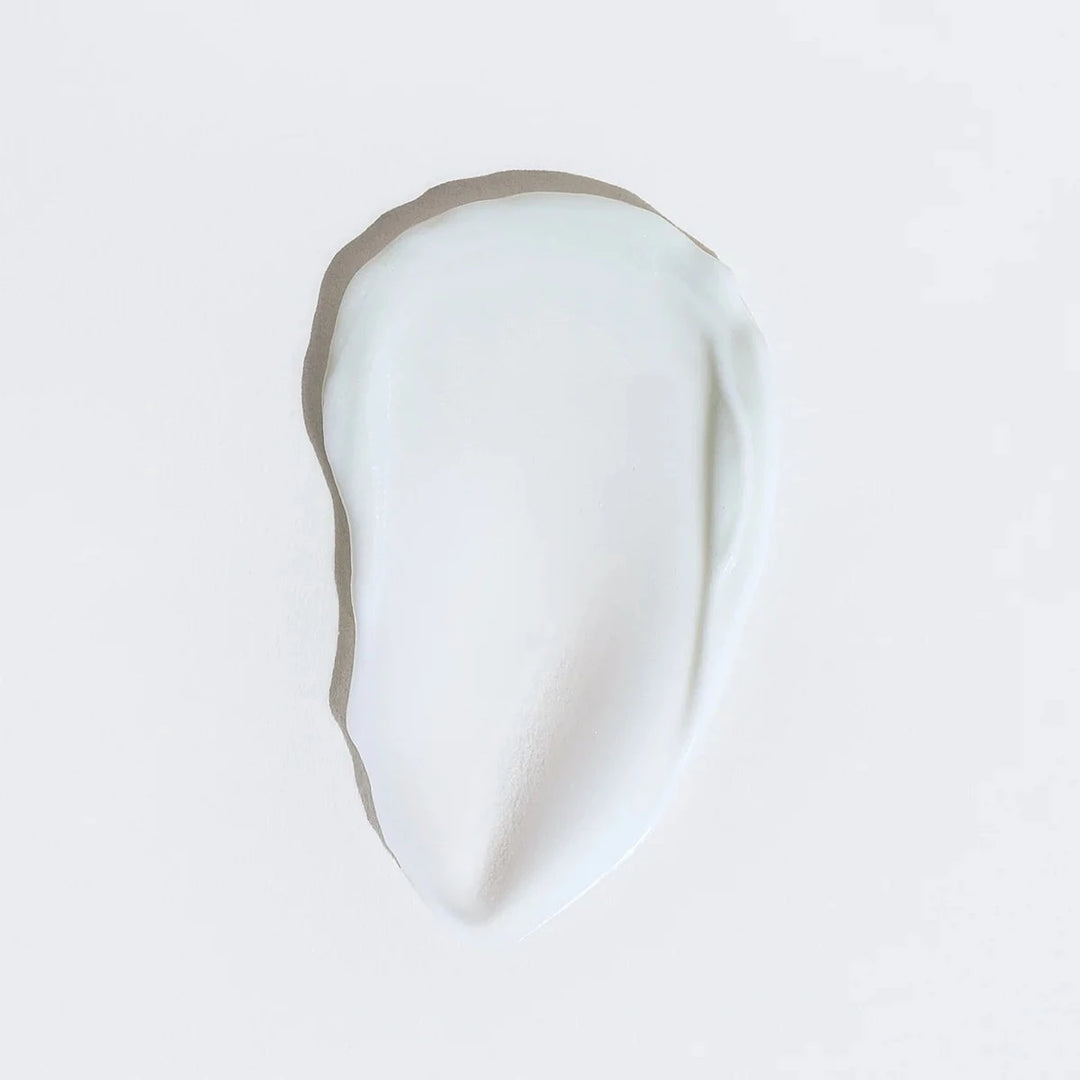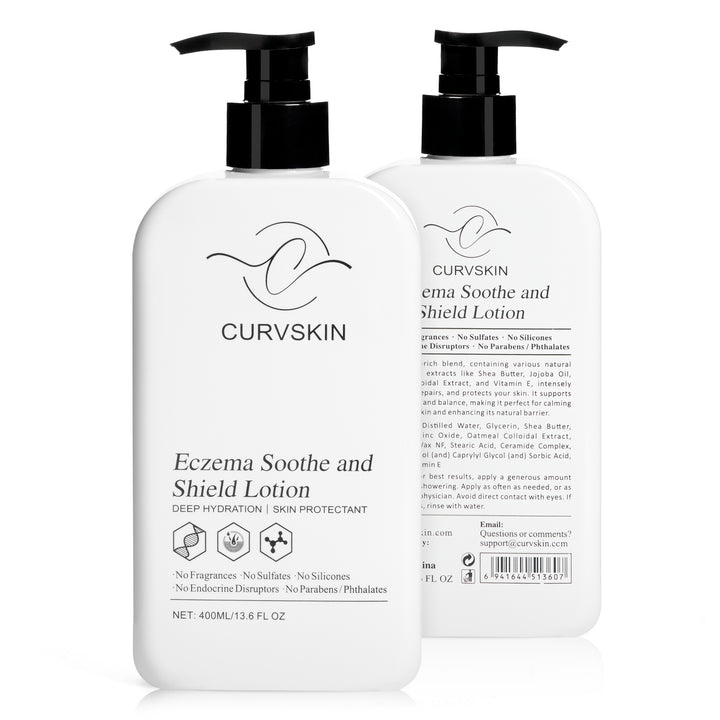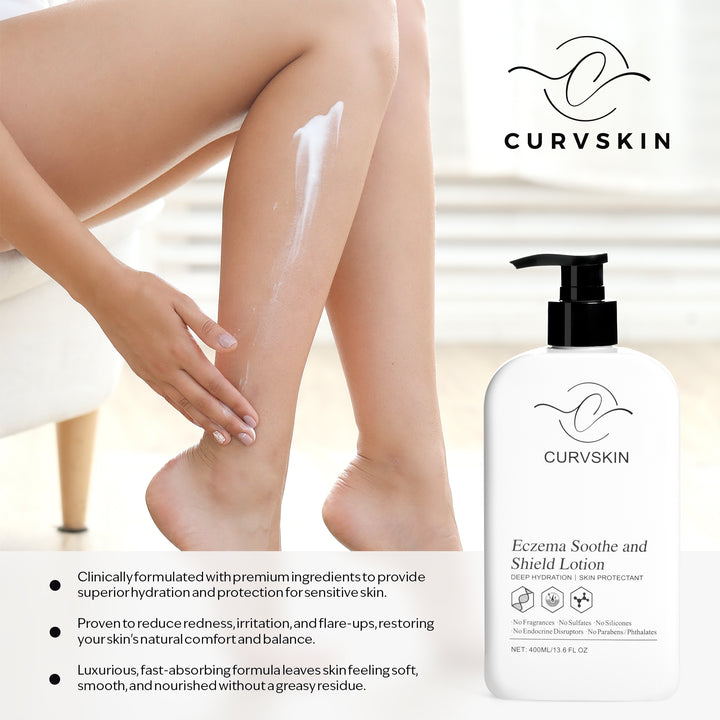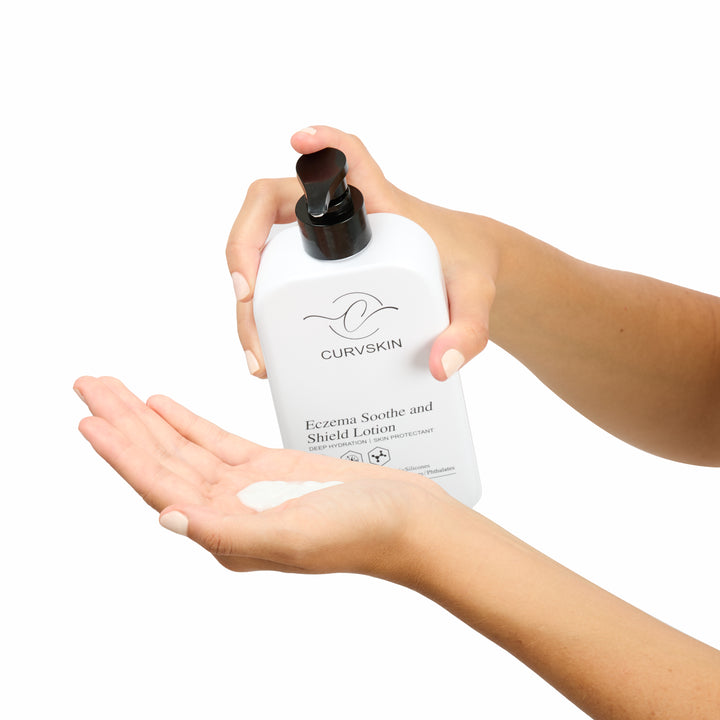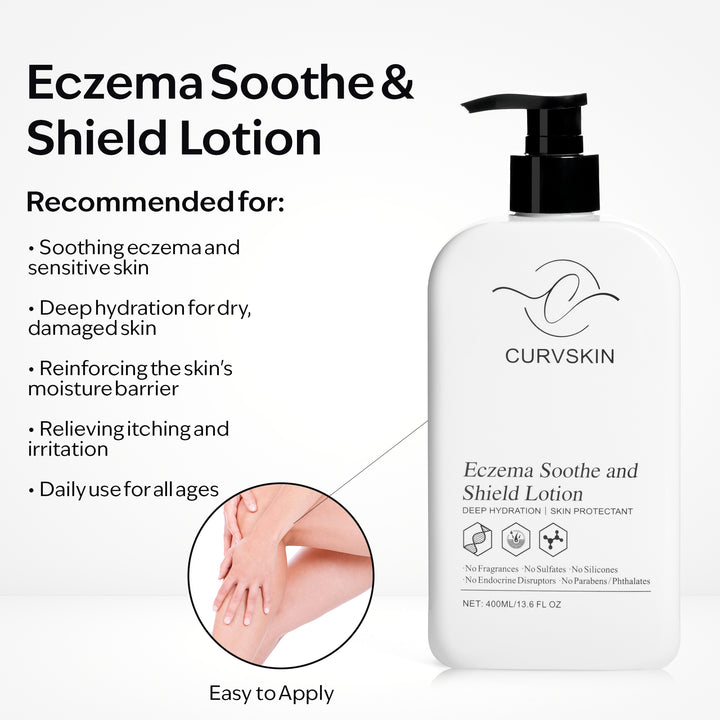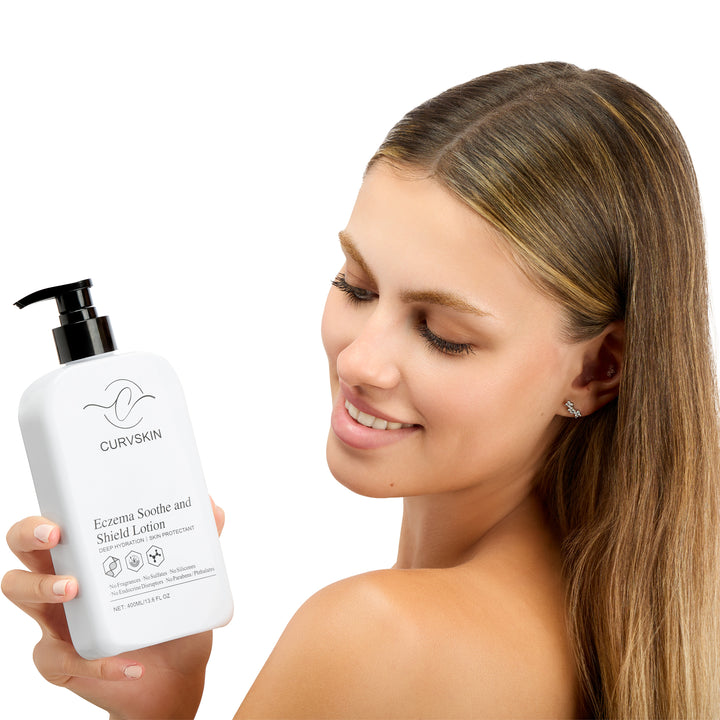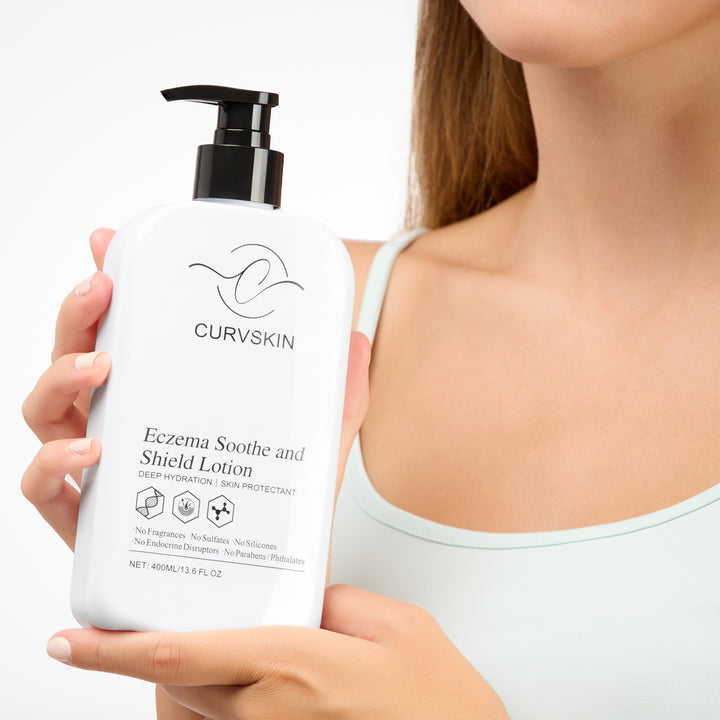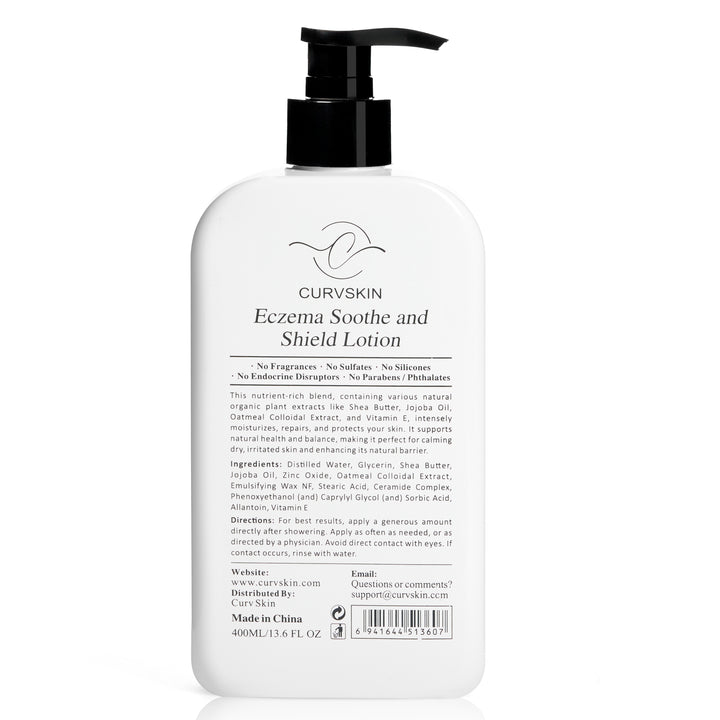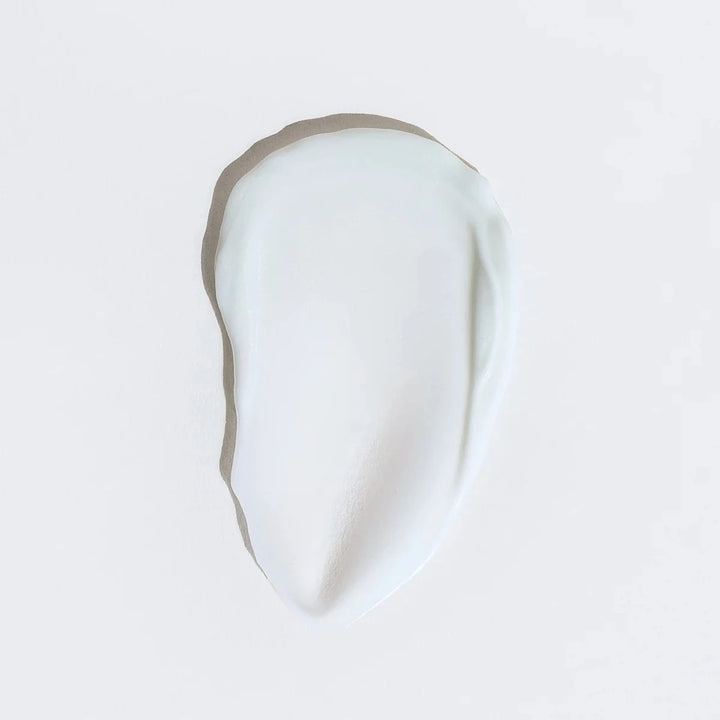Winter Skin Care: Protecting Your Skin from Eczema Flare-Ups
As the crisp chill of winter sets in, those with eczema often brace themselves for the skin challenges that come with it. The cold, dry air and indoor heating systems can strip the skin of its natural moisture, leading to increased eczema flare-ups. But with the right skin care routine and lifestyle adjustments, you can protect your skin and keep eczema at bay during these colder months. Here’s your comprehensive guide to winter skin care for eczema-prone skin.
Understanding Eczema in Winter
Eczema, or atopic dermatitis, is a condition that makes your skin red, itchy, and inflamed. It's often triggered or worsened by environmental factors, and winter is notorious for creating a perfect storm of eczema triggers. The key to managing eczema in winter lies in understanding these triggers and how to counteract them.
Moisturize, Moisturize, Moisturize
The cornerstone of winter eczema care is keeping your skin well-moisturized. As the air becomes drier, your skin needs extra hydration.
- Choose the Right Moisturizer: Look for products specifically designed for eczema-prone skin, like our Eczema Soothe and Shield Lotion. These products are typically thicker and more emollient, providing a protective barrier that locks in moisture.
- Apply Regularly: Moisturize at least twice a day, especially after showering or bathing. Pat your skin dry and apply the moisturizer while your skin is still damp to lock in moisture.
Gentle Cleansing
Hot showers and harsh soaps can strip your skin of its natural oils, exacerbating eczema.
- Opt for Lukewarm Showers: Keep showers short and use lukewarm water instead of hot.
- Use Mild, Fragrance-Free Cleansers: Choose cleansers that are gentle and free of fragrances and alcohol. Avoid scrubbing your skin, and instead, gently wash with your hands.
Attire
What you wear can significantly impact your eczema.
- Choose Soft, Breathable Fabrics: Wear layers of clothing made from soft, breathable fabrics like cotton. Avoid wool and synthetic materials that can irritate your skin.
- Protect Your Skin: When heading outdoors, protect your skin from the cold and wind with gloves, scarves, and hats. But make sure these accessories are made from skin-friendly materials.
Humidify Your Environment
Indoor heating systems can make your home's air dry, which can dry out your skin.
- Use a Humidifier: A humidifier adds moisture back into the air, helping to keep your skin hydrated.
- Keep Hydration Levels Optimal: Aim to keep indoor humidity levels between 30-50%.
Diet and Hydration
What you eat and drink can also impact your skin.
- Stay Hydrated: Drink plenty of water throughout the day to keep your skin hydrated from the inside out.
- Eat Skin-Friendly Foods: Include foods rich in omega-3 fatty acids, like fish and nuts, which can help maintain your skin’s health.
Managing Stress
Stress can trigger or worsen eczema.
- Practice Stress-Relief Techniques: Activities like yoga, meditation, or even simple breathing exercises can help manage stress levels.
When to See a Doctor
If your eczema significantly worsens or you develop an infection (indicated by redness, pus, or pain), it’s important to see a healthcare professional.
Managing eczema in winter requires a holistic approach that includes skincare, lifestyle, and environmental adjustments. By following these tips, you can help protect your skin from the harsh effects of winter and keep eczema flare-ups at bay. Remember, every skin is unique, so it’s important to find what works best for you and make adjustments as needed. Stay moisturized, stay protected, and enjoy the winter season with healthier, happier skin.

